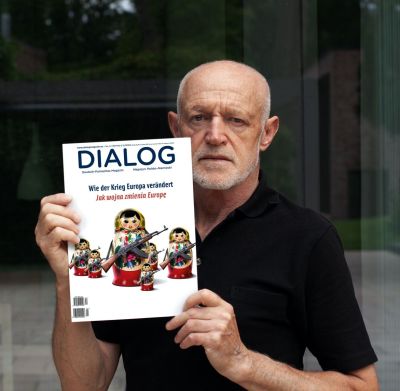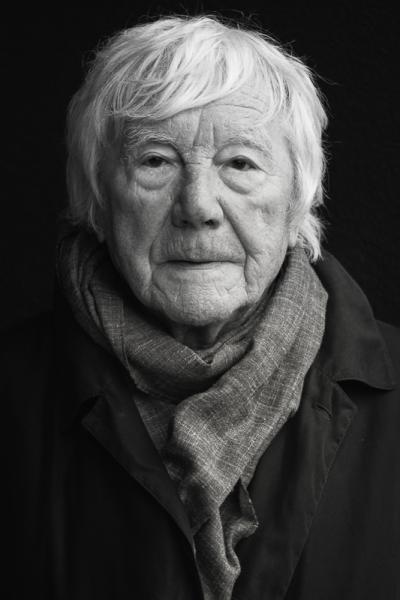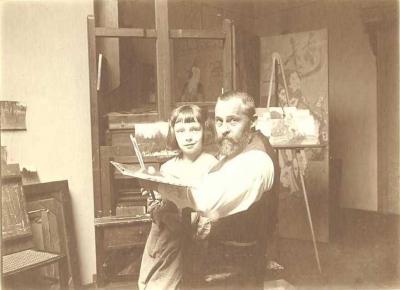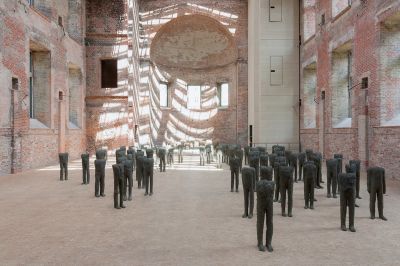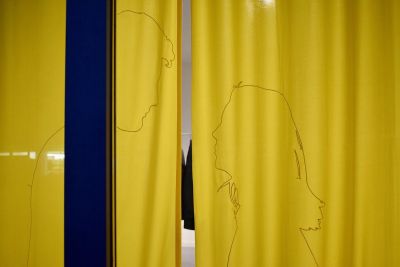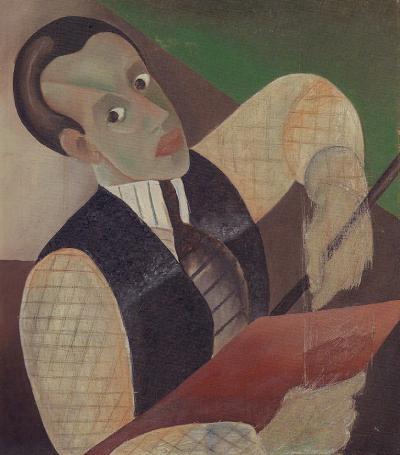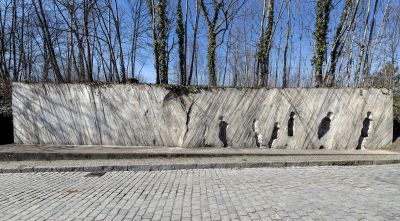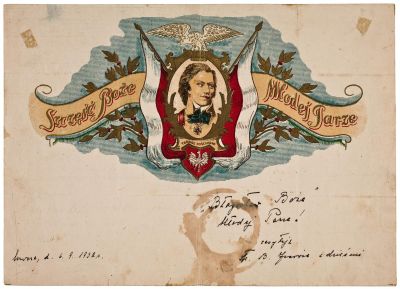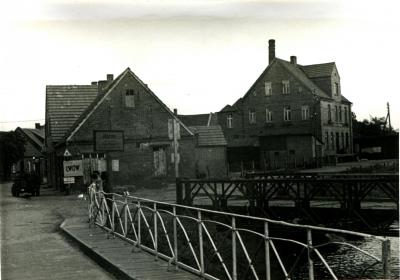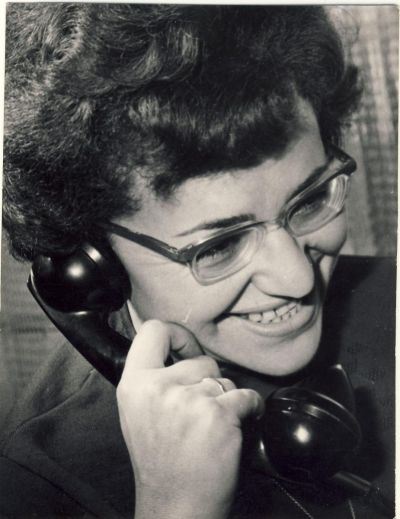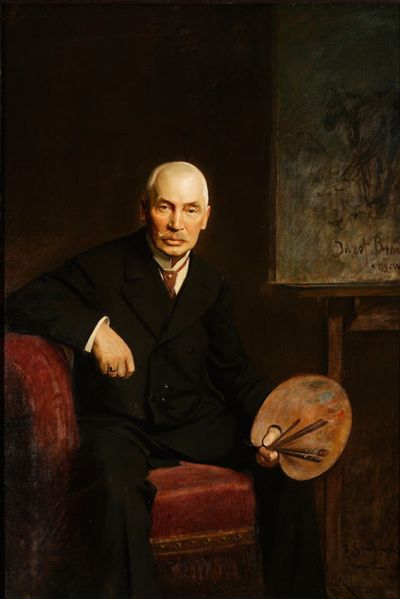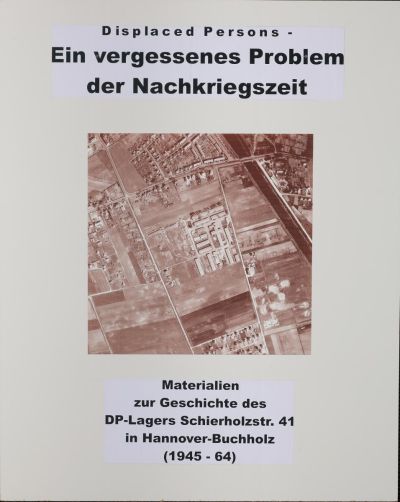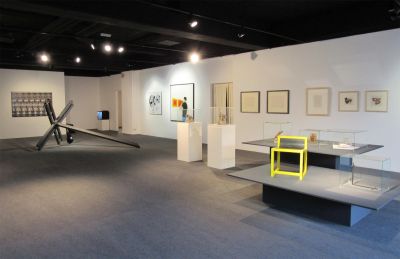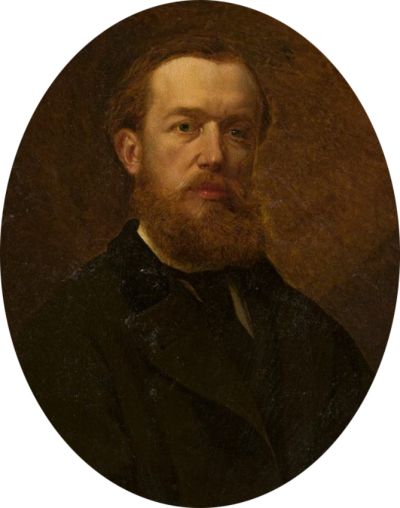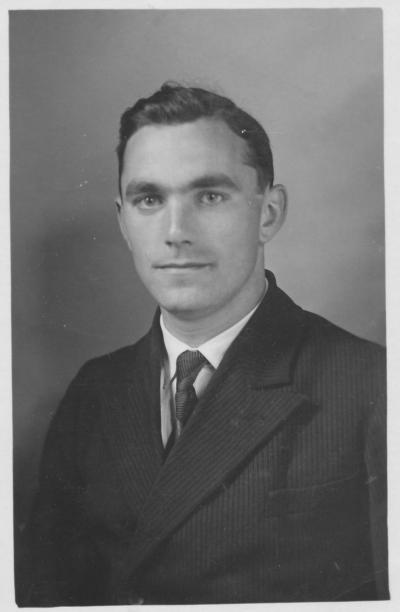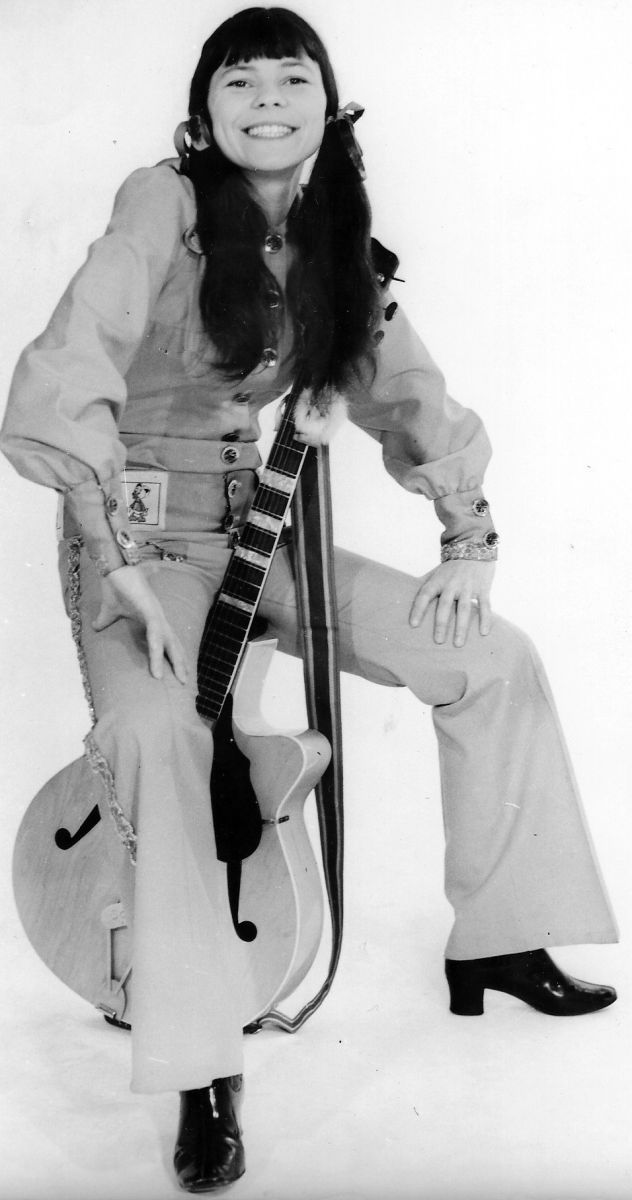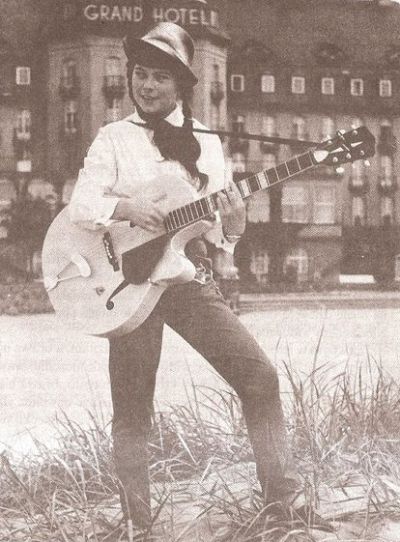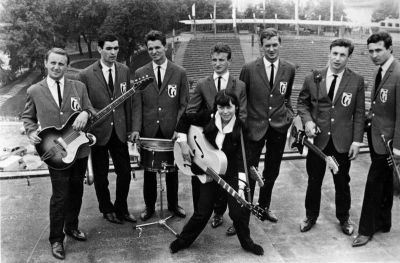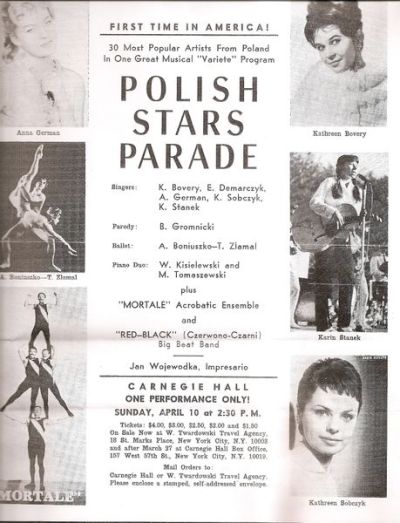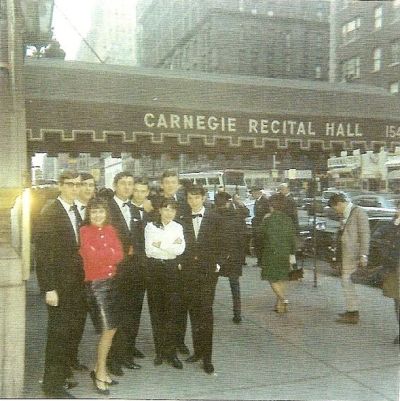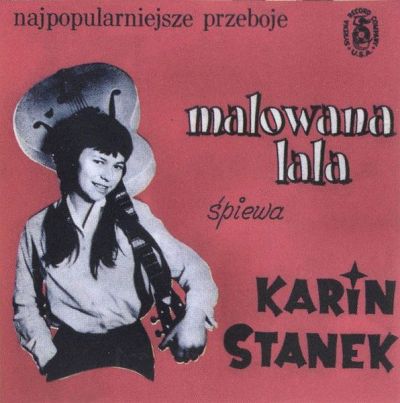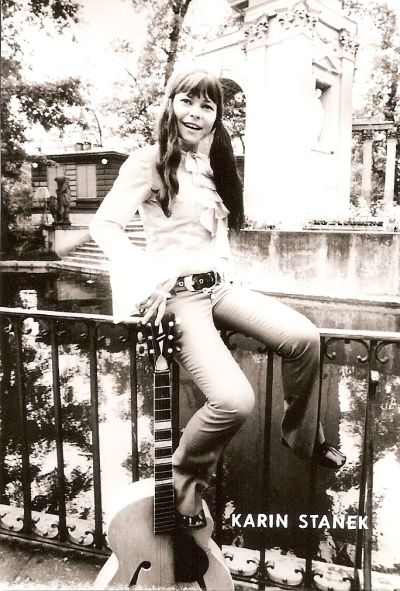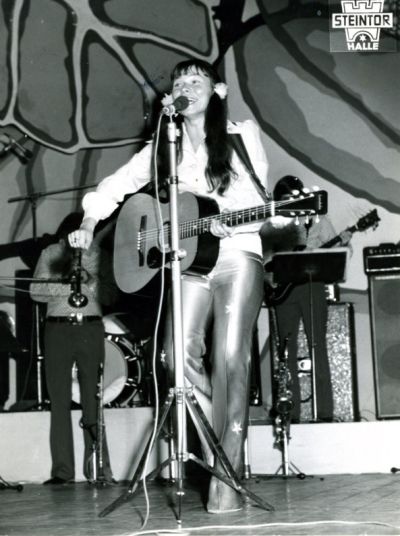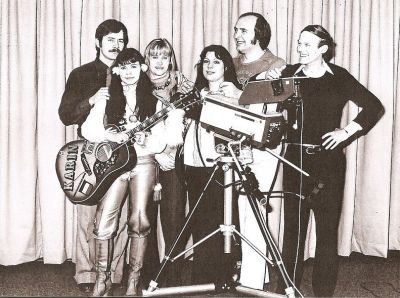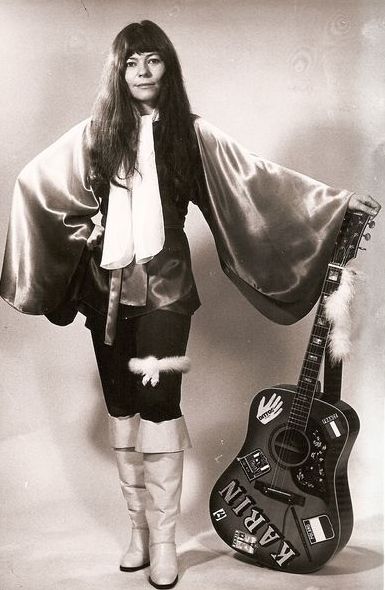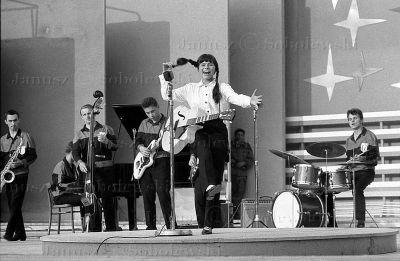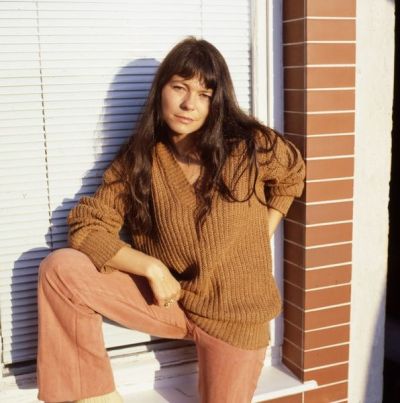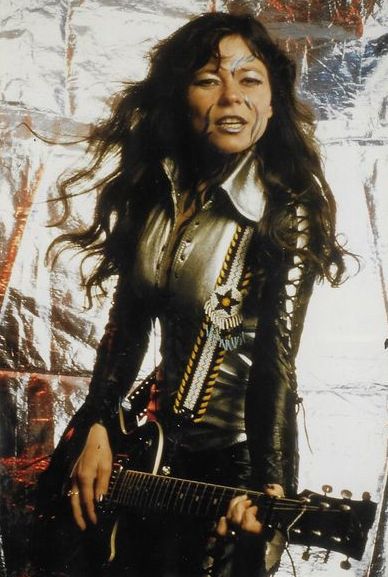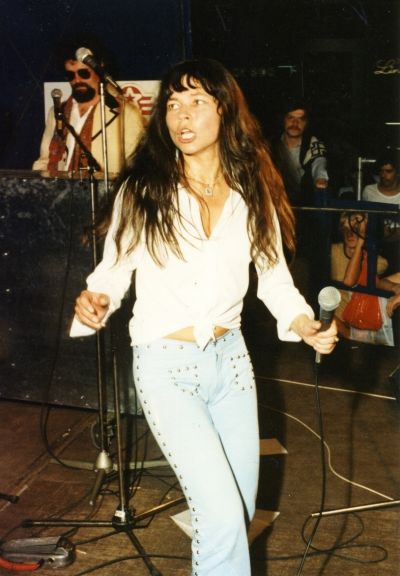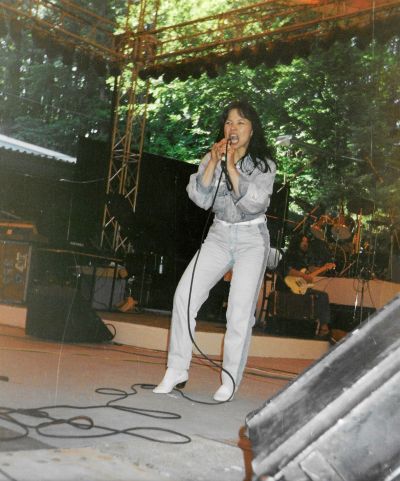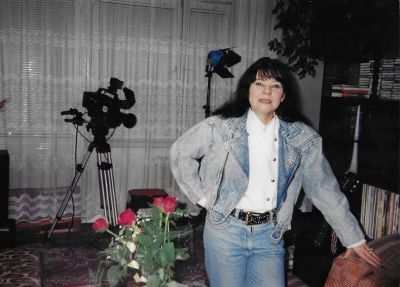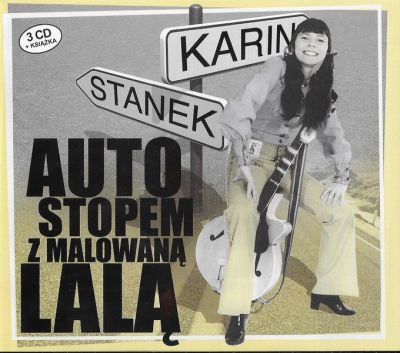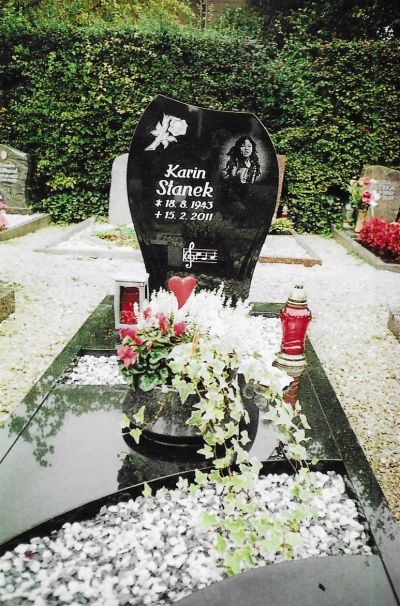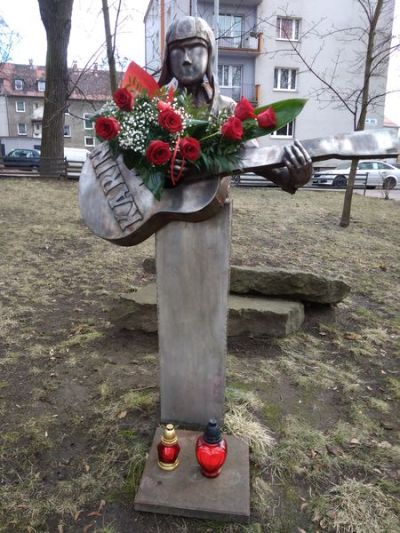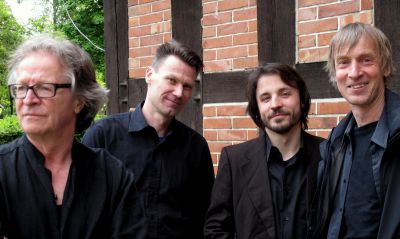Karin Stanek – The girl with the guitar
Mediathek Sorted

A thirst for knowledge
Despite her fame, Karin never forgot her wish to receive an education. She enrolled in the eighth grade of the long-distance grammar school in Szczecin. However, she soon realised that the singing exam before the state committee, which consisted of a theoretical and a practical part, took priority. She interrupted her studies at the grammar school for one year – and from that time on took a bag of music theory books with her to her performances.
Years later, she remembered: “It was the time at which the authorities were very keen to ban beat music. They were of the opinion that it had a demoralising effect on young people, and that it should under no circumstances be brought into circulation. I was therefore aware of how I would be treated at the exam. If I failed to pass it, I would no longer be able to sing professionally in Poland, and all my plans would have been for nothing”.[5]
She passed the exam. However, since she did not have a grammar school leaving certificate, she had to repeat the entire process two years later. It was not until then that she received her singing diploma, which meant higher royalties. From that time on, she received 350 zloty for each concert.
In 1969, she got an even better deal. She was classed as a Category A singer, which meant that she could demand a fee of 500 zloty per concert. However, this led to disagreements with Czerwono-Czarni. Finally, Karin left the band. After obtaining her diploma, she continued her education at the grammar school, while at the same time performing 30 or 40 concerts every month. Every free minute during the tour, she studied and did homework, and on her days off, she travelled to Szczecin to take private lessons. Her biggest problem was coordinating her exams with her concert dates. It wasn’t unusual for her to play a concert somewhere in Poland during the evening, and to spend the night that followed on the train on the way to an exam. At that time, she also toured the USSR, where she obtained special permission from the Embassy of the People's Republic of Poland to return to Szczecin to attend exams. She passed her school leaving exams with excellent results.
America
At the end of 1966, Karin was finally allowed to accompany Czerwono-Czarni on a tour in the US. She had again been invited by Jan Wojewódka. This time, the US impresario remained adamant that the band would only be invited together with Karin Stanek as the solo singer. At the same time, the band’s manager had to sign a declaration of commitment, which stated that Karin Stanek would return to Poland. On the journey to the States, they were joined by other famous Polish-language singers, including Anna German, Kasia Sobczyk and Ewa Demarczyk. After a long sea journey on the MS Batory, the first concert was held in the New England Hall in Boston. Karin also sang the song “Tato, kup mi dżinsy” (“Daddy, buy me jeans”). It went down a storm with the local audience. One additional effect was that she received a large number of gifts from the Americans. As a joke, they sent her packages with jeans after they found out what the words to the song meant. After the “Polish Stars Parade” concert in the famous Carnegie Hall in New York, the Hungarian operetta singer and actress Marta Eggerth approached Karin Stanek in person and told her: “Kid, you’ve got the chance to have an international career. Think about it”. During the tour, Stanek received a series of offers for more concerts in the US and Canada, and for collaborations with American bands. However, she always said “no”. In the run-up to a concert in Chicago, the US-based Siren Record Company gave her the biggest gift of all: it produced a large number of long-player records, which her fans could hold out for her to sign. During her long period of stay in the US, several of her fans became close friends. Some of them fell in love with her and even proposed marriage to her. However, she remained true to her word and returned to Poland – to her mother, her siblings and her fans.
Solo career
The separation from Czerwono-Czarni marked a turning point in Karin Stanek’s career. It was a courageous decision, considering the fact that up until that point, her band colleagues had composed most of her songs, and she had recorded the albums “Czerwono-Czarni” and “17 000 000” together with them. At a music festival in Międzyzdroje in the summer of 1969, there was a major dispute between Karin and the band. The musicians were appalled at the fact that Karin, who had been classified by the Ministry as an “A-artist”, received the largest fee of them all. Karin left the band after seven years’ collaboration. They played their last concert together on 3 August 1969 in Świnoujście.
For Karin, her new journey began with a collaboration with the Czech band The Samuels. With them, she developed a new programme and performed a large number of concerts. However, she and the Czech musicians did not have any useful contacts in Polish television. In March 1970, Karin Stanek decided to go it alone without her own band, and took on all the organisational work herself – a highly risky step in the world of showbusiness. She would soon find this out the hard way. In the Polish press, she was met with a wave of derision; today, we would call it “hate”. During this time, she enquired at the Polish music label Polskie Nagrania about producing a new record. Their answer was: her songs weren’t really that good. Fortunately, as fate would have it, soon afterwards, the manager Anna Kryszkiewicz came to her aid, who would remain loyal to her to the end.
[5] Anna Kryszkiewicz: Karin Stanek..., p. 91.




